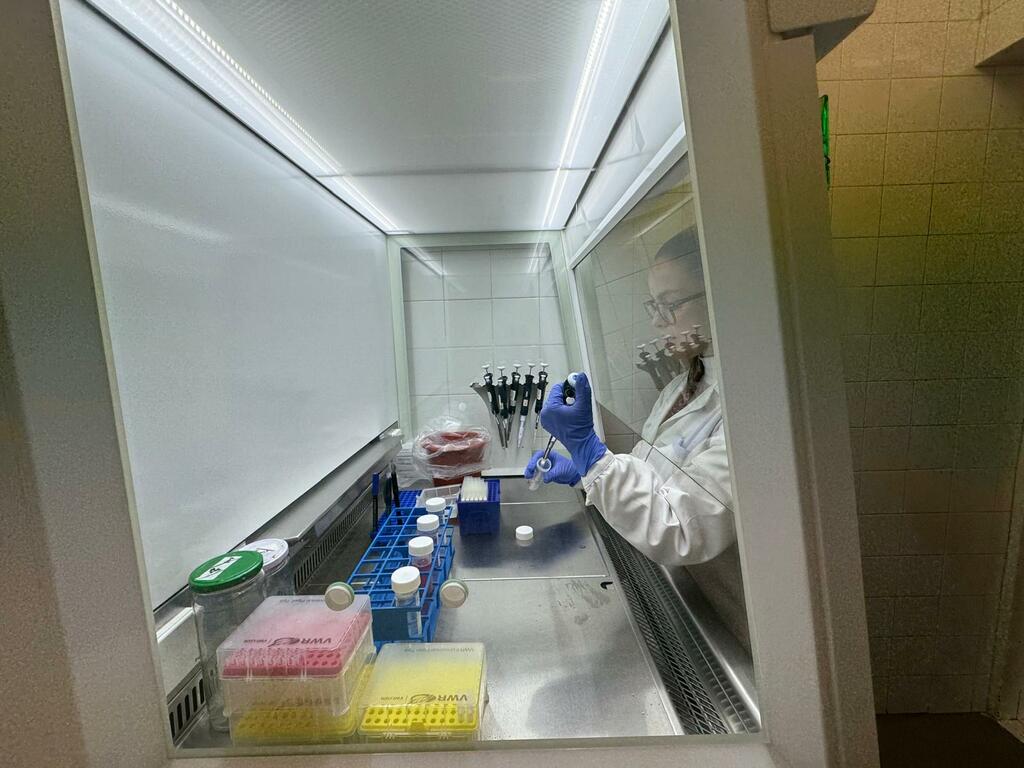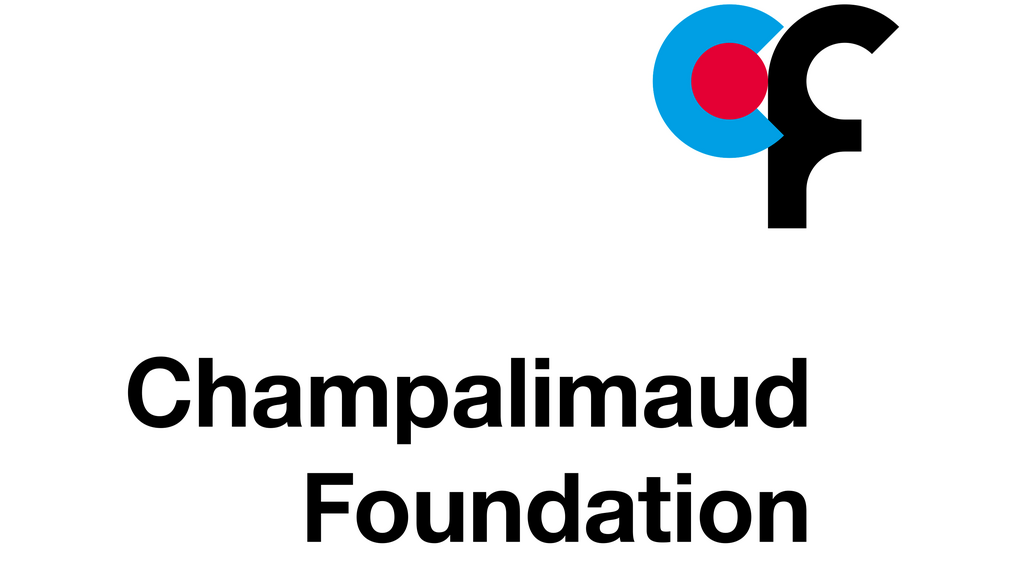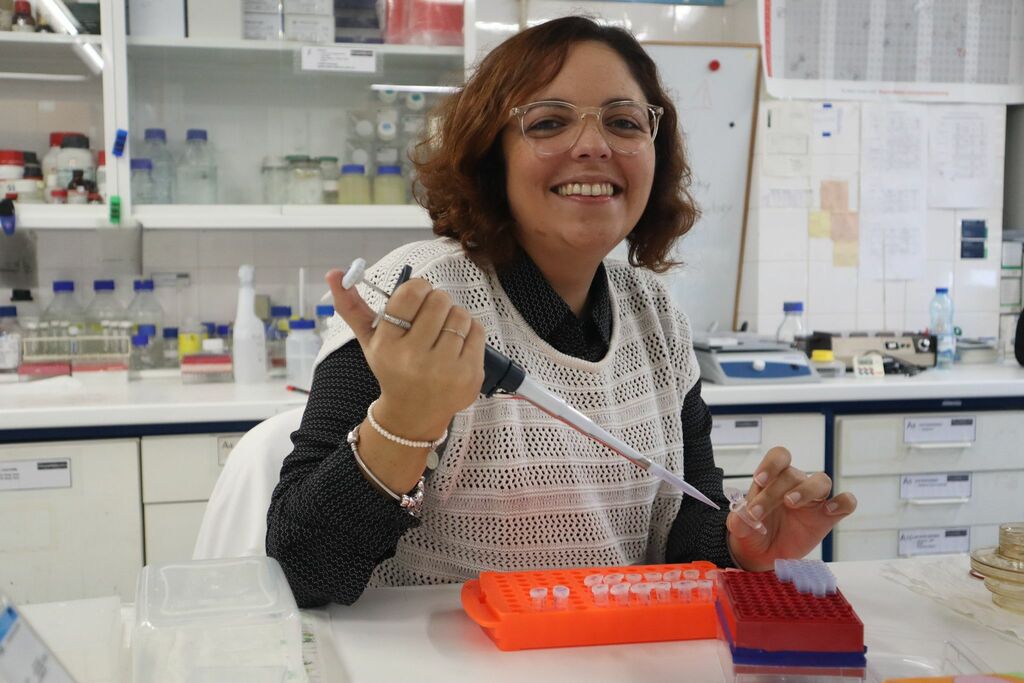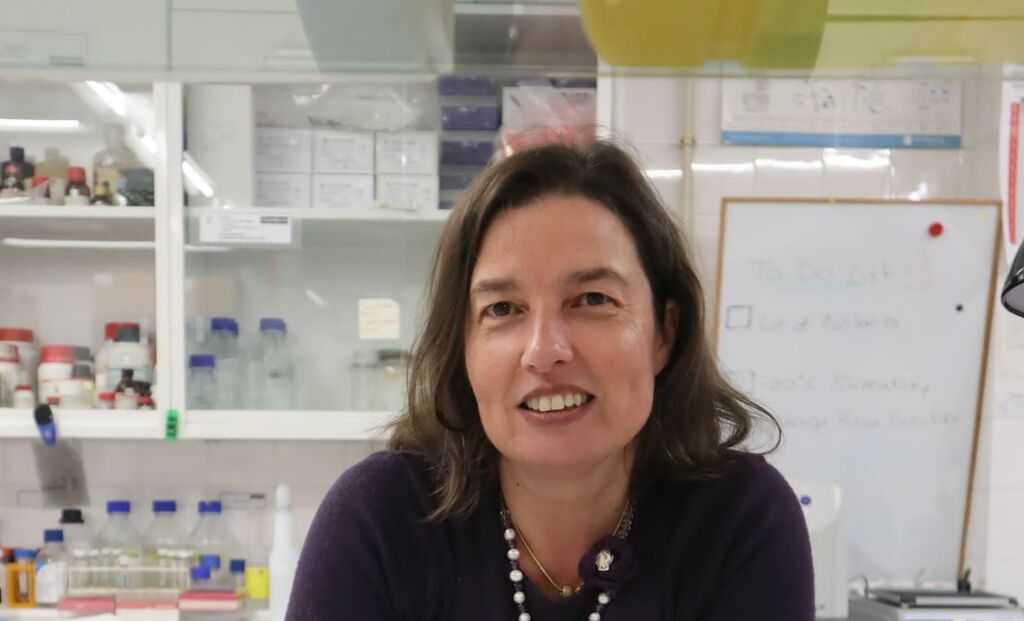
Pancreatic cancer (PC) is on the rise and is projected to become the second-leading cause of cancer-related deaths soon, with the worst prognosis among major cancers due to late diagnosis and resistance to treatment. The aggressive nature of PC creates high healthcare costs and demands intensive patient care.
Research shows that PC’s unique, immunosuppressive microenvironment, characterized by immature immune cells and suppressive cytokines, is a major barrier to effective treatment. Although current immunotherapies have limited impact, new research highlights a molecule called sialyl Tn (STn), an O-glycan that’s present in PC but absent in normal cells. STn contributes to cancer spread and immune suppression, creating an environment that allows PC to thrive and resist therapies.
Our studies suggest that STn may drive an immunosuppressive feedback loop, supported by cytokines like IL-6 and IL-13, which enhance STn expression and PC progression. Encouraging preliminary results show that high-affinity anti-STn antibodies demonstrate anti-tumor activity, making STn a promising target for future therapies. Further studies in patient cohorts are necessary to confirm these findings and potentially improve PC treatment outcomes by disrupting STn-driven immunosuppression.
An outstanding group of partners has been established to drive this project forward. Each member brings unique expertise and dedication, forming a collaborative team committed to achieving impactful results. Together, they contribute a wealth of knowledge and resources, ensuring the project’s success.

NOVA.ID.FCT, a private non-profit recognized by the Portuguese Science and Technology System, supports R&D, consulting, knowledge dissemination, and tech transfer at FCT NOVA. Between 2011 and 2015, FCT NOVA produced over 5,500 papers and 50 patents, underscoring its impact in science and engineering.

The Champalimaud Foundation (CF) is a private, non-profit organization focused on excellence in biomedical research. Opened in 2010, its Champalimaud Centre for the Unknown (CCU) conducts high-risk, high-reward research across neuroscience, physiology, cancer, and clinical studies, integrating molecular, cellular, and organismic approaches to advance brain and cancer research.

The Instituto de Medicina Molecular João Lobo Antunes (iMM) aims to improve health by studying disease mechanisms and developing diagnostics and therapies. Its 34 research groups focus on four areas: Molecular and Cellular Biology; Development, Aging, and Cancer; Infection and Immunity; and Neurosciences and Behavior, with over 300 publications in 2021, collaborating globally.

Ciência ID
591D-F82C-45C2

Ciência ID
3D18-571E-133A

Ciência ID
4A16-3B86-CF3C

Ciência ID
651B-9F01-6EE0

Ciência ID
301F-64FA-1E13

Ciência ID
AB10-405D-5489

Ciência ID
041E-4ADE-FB64

Ciência ID
3D14-5E6E-99DD

Ciência ID
5F10-6C6D-1928

Ciência ID
8310-DA72-78B6

Ciência ID
CF1A-4E80-8168

Ciência ID
E91A-B8A4-D3B9

Ciência ID
C81B-045F-28C9

Ciência ID
AE1C-D277-D07E

Ciência ID
E519-5D41-04B0

Ciência ID

Ciência ID

Ciência ID
2E10-7E9C-2476
This project is funded by Fundação para a Ciência e Tecnologia (Project Reference: 2022.04607.PTDC)